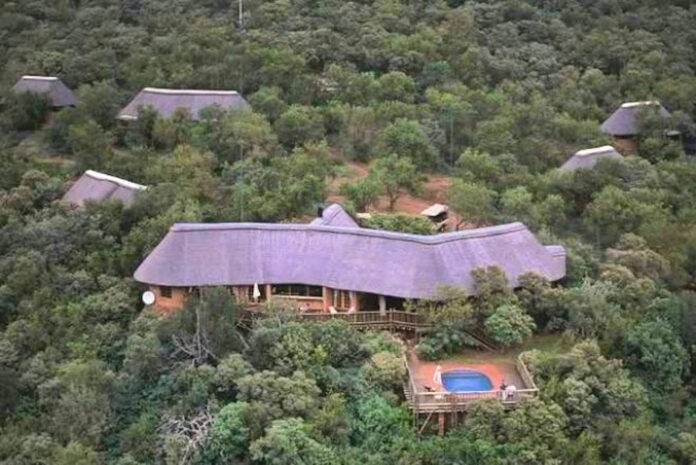A white farmer has effectively cocked a snook at the courts, locking out the black beneficiaries of a land reform project in a dispute that harks back to apartheid South Africa, where control was asserted by changing locks and erecting fences.
At the centre of the conflict over the Nietverdiend farms is a motorised gate on a dusty road.
For Billy Joseph Lekau, a director of the community-owned game farms, this gate is a
symbol of a battle he thought his country had won.
“They have made us strangers on the land we nurtured,” he stated in a court affidavit.
The legal core is a classic mandament van spolie, an urgent remedy to restore possession to someone unlawfully dispossessed.
On October 17, North West Judge President Ronald Hendricks granted this order, ruling that Lekau and his team were in possession before the locks were changed and ordering their immediate restoration.
Yet, they remain locked out.
So, on October 25, the Mafikeng High Court directed the sheriff, with the assistance of the police, to eject the farmer unlawfully occupying the land and restore it to the rightful owners—the beneficiaries of the land reform project.
Acting Judge Tsakane Tsautse found that “exceptional circumstances” existed for the eviction, noting that “the beneficiaries continue to be unlawfully deprived of occupation of their property despite a lawful court order” and that “the [farmer’s] continued defiance of the order undermines the authority of the court and the rule of law”.
Tsautse ruled that the original spoliation order by Hendricks on October 17 “is hereby declared to be operative and executable forthwith, notwithstanding the noting or pendency of any appeal”.
The farms in question—Zandfontein, Murgfontein, Nietverdiend—are not just
parcels of land.
They are assets of the Batshweneng, Malebele and Tshwane Communal Property Associations, part of a state-funded land reform and economic empowerment project.
The government purchased these farms to restore ownership to communities dispossessed by a century of segregation and apartheid.
Lekau and his co-applicants were the directors appointed to manage the complex, overseeing a multi-million-rand operation that involved a luxury safari lodge and over 3 000 heads of game, including a prized pride of lions.
The farmer, Petrus Coenraad Boshoff, and his company, PC Boshoff Ondernemings, have filed for leave to appeal, which automatically suspends the court order.
They argue that Lekau’s team were merely failing “managers”, not in true “possession”, and point to unpaid employees and a lodge in disrepair as evidence.
This legal manoeuvre has forced the black directors to fight a new generation’s battle in the courts to prevent a recurrence of the powerlessness their communities faced decades ago.
In a subsequent urgent application, they pleaded that the real victims are the animals, which they cannot care for while locked out.
The case lays bare the fragile anatomy of land reform, showing how a project intended to redress historical wounds can be re-wounded by contemporary conflicts and legal delays.
The community, the intended beneficiary, now watches from the sidelines as its land and assets become pawns in a bitter struggle for control.



